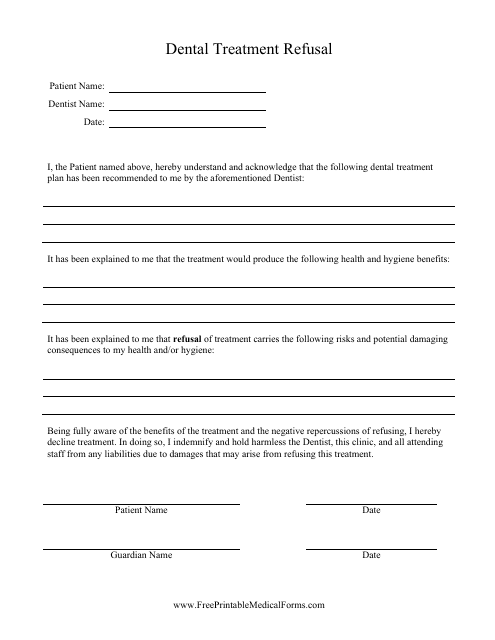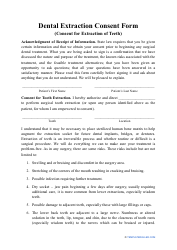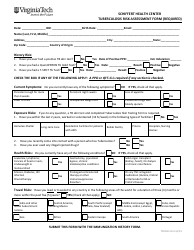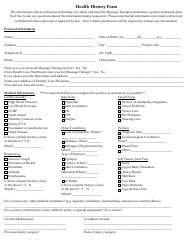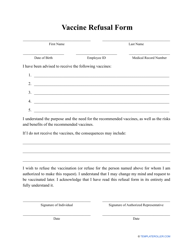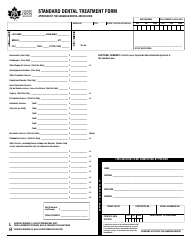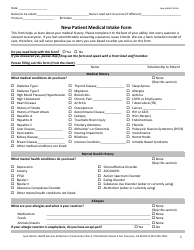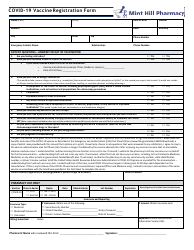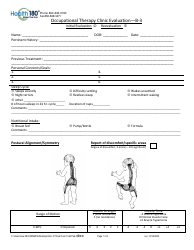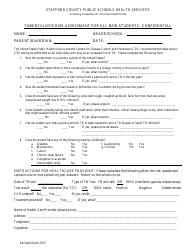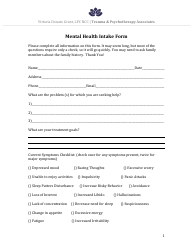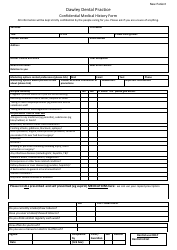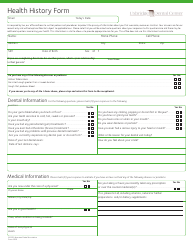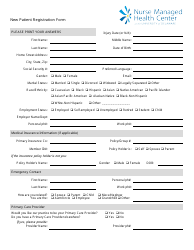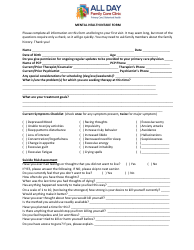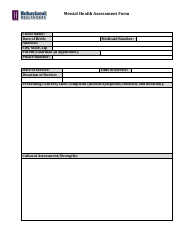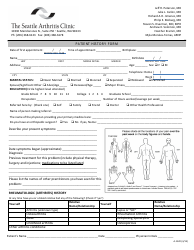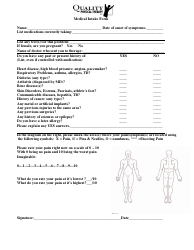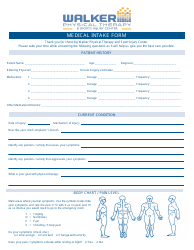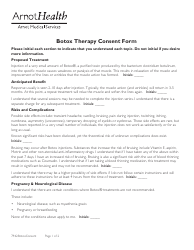Dental Treatment Refusal Form
A Dental Treatment Refusal Form is used when a patient decides not to proceed with a recommended dental treatment. It allows the patient to formally decline the treatment and acknowledges their decision.
The Dental Treatment Refusal Form is typically filled out by the patient who wishes to refuse or decline a recommended dental treatment.
FAQ
Q: What is a Dental Treatment Refusal Form?
A: A Dental Treatment Refusal Form is a document used to indicate a patient's refusal of a specific dental treatment.
Q: Why would someone refuse dental treatment?
A: There can be various reasons why someone may refuse dental treatment, including cost concerns, fear or anxiety, skepticism about the need for the treatment, or wanting to explore alternative options.
Q: Is it common for patients to refuse dental treatment?
A: Yes, it is not uncommon for patients to refuse dental treatment for various reasons.
Q: What information is typically included in a Dental Treatment Refusal Form?
A: A Dental Treatment Refusal Form typically includes the patient's name, reason for refusal, description of the treatment being refused, and acknowledgment of the potential risks and consequences of refusing the treatment.
Q: Is a Dental Treatment Refusal Form legally binding?
A: While a Dental Treatment Refusal Form serves as a record of a patient's refusal, its legal binding may vary depending on jurisdiction and specific circumstances. It is always recommended to consult with a legal professional regarding such matters.
Q: Can a dentist refuse treatment if a patient refuses to sign a Dental Treatment Refusal Form?
A: A dentist has the right to refuse treatment if a patient refuses to sign a Dental Treatment Refusal Form. However, dentists are encouraged to engage in open and honest communication with patients to address concerns and explore alternative options.
Q: Can a patient change their mind after refusing dental treatment?
A: Yes, a patient can change their mind after refusing dental treatment. It is important to communicate any change in decision to the dentist as soon as possible.
Q: What should a patient do if they are unsure about a recommended dental treatment?
A: If a patient is unsure about a recommended dental treatment, they should ask their dentist to explain the treatment, its purpose, potential benefits, and any risks involved. It is important to have open communication and address any concerns before making a decision.
